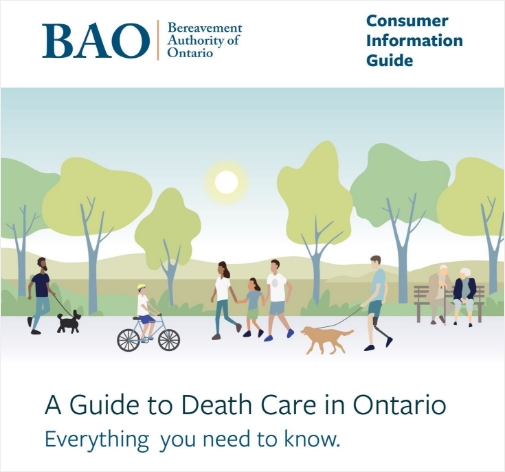Taking Steps Towards Recovery
Feelings of panic and confusion often follow the death of a loved one. These feelings may cause us to run from life, to avoid family and friends and to refuse to try new things. While these feelings are a normal part of grief, our willingness to accept the loss can help us to overcome panic and confusion.
At times during the grieving process, we find that familiar and necessary activities are difficult. We prefer to drift in our memories and daydreams of what might have been. This stage will pass.
Many people blame themselves after the death of a loved one. It’s important to realize that everyone has regrets for mistakes made in our relationships, but focusing on guilt can prevent recovery. Talking with friends or a counselor may aid us in confronting and dealing with feelings of guilt.
Grief changes, but does not have to destroy a person’s life. It can be a time of real personal growth as you discover new things about yourself and the strength you have now developed through the grief experience.
Finally, we realize love endures and life goes on for the survivors.
Grief Recovery Methods
- Give yourself permission to grieve.
- Don’t be afraid to cry.
- Be patient with yourself. Grieving takes time; feelings of sadness and despair don’t just disappear.
- Find a compassionate listener.
- Lean on old relationships; reach out to build new ones for the future.
- Live in the moment, one day at a time, or sometimes only one hour at a time.
- Postpone making major decisions until you feel you are ready to handle them.
- Focus on your responsibilities like your family, your job and your friends to rally your inner strength.
- Join a support group.
- Take care of your body by exercising, eating properly and resting.
- Knowledge is power. Learn about grief through books, videos and websites.
- Realize it’s okay to be angry about your loss.
- Don’t panic when you have a set-back. Grief has its own individual time-table.


